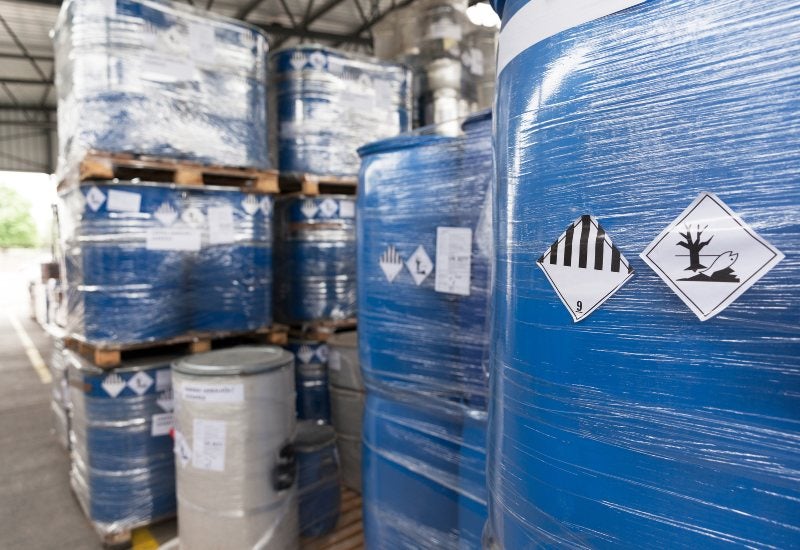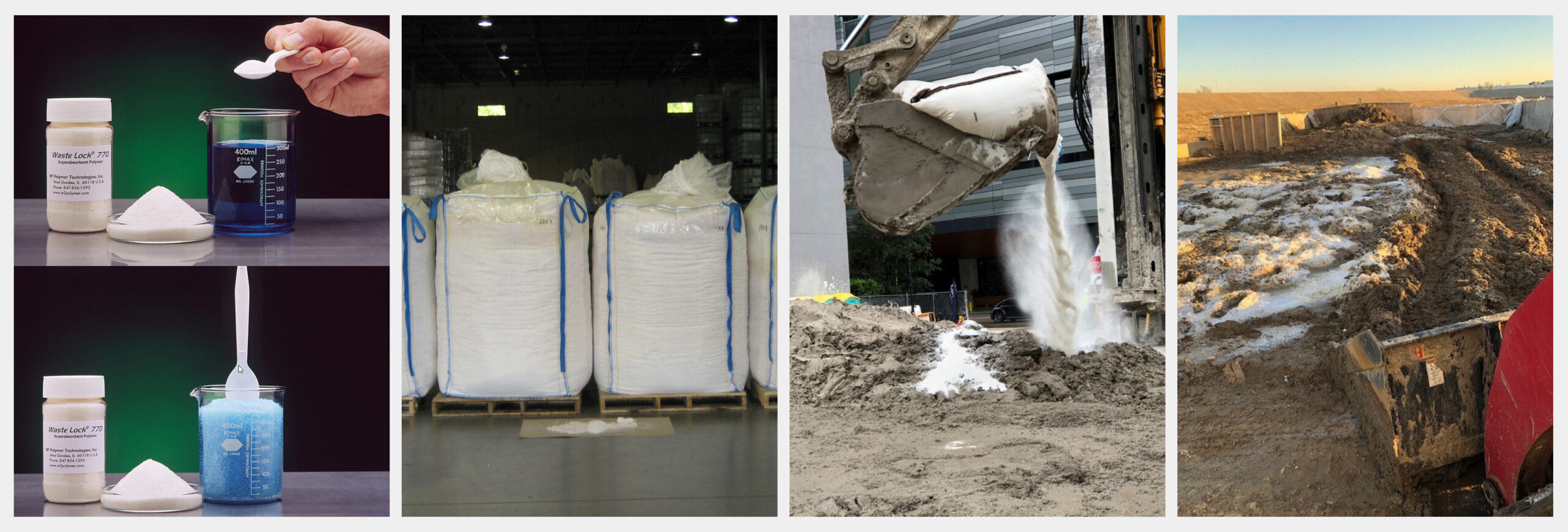Expert Liquid Waste Removal Melbourne: Keeping Your Environment Tidy
Expert Liquid Waste Removal Melbourne: Keeping Your Environment Tidy
Blog Article
Understanding the Comprehensive Refine of Fluid Garbage Disposal: Ideal Practices and Environmental Impact Considerations
The administration of liquid waste disposal is a complex issue that needs a complete understanding of different ideal practices and their linked environmental influences. From the types of fluid waste produced to the methods utilized for collection, therapy, and final disposal, each step plays a critical function in safeguarding ecological communities and public wellness.
Kinds Of Fluid Waste
Comprehending the numerous kinds of fluid waste is vital for reliable administration and disposal practices. Fluid waste can be generally categorized right into a number of kinds, each calling for distinct handling and therapy methods.
Industrial liquid waste often consists of hazardous materials, consisting of hefty steels, solvents, and chemicals, generated during producing procedures. These wastes demand strict governing compliance to safeguard human wellness and the environment. Domestic liquid waste mostly refers to wastewater produced from houses, including sewage and greywater, which, although much less toxic, can still position considerable dangers if poorly managed.
Agricultural liquid waste, including overflow from ranches, usually contains fertilizers and pesticides that can cause ecological degradation otherwise dealt with effectively. Medical liquid waste, generated from healthcare facilities, includes polluted fluids such as bodily fluids and chemicals, calling for specialized disposal approaches to stop infection and environmental contamination.
Finally, oil and oil waste, commonly produced by restaurants and automobile industries, can cause severe clogs in sewer systems if not managed effectively. Understanding these categories facilitates targeted approaches for treatment, compliance with laws, and reliable disposal techniques, eventually advertising environmental sustainability and public health safety.

Collection Approaches
Reliable collection approaches are vital for the appropriate management of fluid waste, guaranteeing that it is gathered securely and efficiently before treatment or disposal. Various strategies are utilized depending on the kind of liquid waste created, the volume, and the specific characteristics of the waste.
One usual technique is the use of committed collection containers or sumps, which are made to capture fluid waste at the source. These systems often include pumps that promote the transfer of waste to larger storage containers or therapy centers. Additionally, mobile collection systems equipped with vacuum modern technology are used in circumstances where waste is created intermittently or in hard-to-reach places.
For industrial setups, closed-loop systems can efficiently decrease leakages and spills, enabling for the healing and reuse of fluid waste. It is also vital to train personnel on appropriate collection procedures to mitigate threats connected with unsafe substances.
Moreover, applying regular upkeep timetables for collection tools guarantees optimum performance and safety. The combination of sophisticated surveillance systems can improve collection performance by giving real-time data on waste levels and prospective threats. Overall, reliable collection methods are foundational to sustainable liquid waste administration practices.
Treatment Processes
Therapy processes play a vital role in the administration of liquid waste, transforming possibly harmful products into risk-free effluents or multiple-use resources - liquid waste disposal. These processes can be generally classified right into physical, chemical, and biological methods, each tailored to deal with particular contaminants present in the waste stream
Physical therapy methods, such as sedimentation and purification, job by eliminating suspended solids and home particle matter. These techniques are commonly the very first step in the treatment chain, effectively reducing the lots on subsequent processes. Chemical treatments entail the usage of reagents to reduce the effects of harmful substances, speed up hefty metals, or oxidize natural toxins, consequently enhancing the safety of the effluent.
Biological therapy procedures, including activated sludge systems and anaerobic digestion, maximize the natural abilities of microorganisms to deteriorate natural issue. These approaches are especially reliable for wastewater containing eco-friendly pollutants. Advanced therapy technologies, such as membrane purification and progressed oxidation processes, are significantly employed to accomplish greater degrees of purification.
Integrating a mix of these treatment methods not only ensures compliance with regulative requirements yet also advertises ecological sustainability by recovering important resources from fluid waste.
Disposal Options
How can companies make certain the safe and responsible disposal of fluid waste? Reliable disposal alternatives are critical for safeguarding public health and the atmosphere. The main approaches include land incineration, treatment, and disposal followed by discharge into municipal wastewater systems.
Land disposal includes the cautious containment of liquid waste in assigned landfills, guaranteeing that it does not seep right into bordering soil or water. Incineration, on the other hand, subjects liquid waste to heats, converting it right into ash and gases, which call for correct purification to lessen exhausts. This approach is ideal for harmful wastes that can not be dealt with through standard ways.
In situations where liquid waste can be treated, organizations may select chemical or organic treatment processes to reduce the effects of damaging elements before discharging the treated effluent right into metropolitan systems. This path usually straightens with regulatory needs, making certain that the effluent satisfies security criteria.
Eventually, organizations have to carry out thorough assessments of each disposal alternative to identify its practicality, considering variables such as waste make-up, regulative conformity, and prospective threats to health and wellness and the environment. By selecting advice ideal disposal approaches, organizations can add to a responsible waste monitoring technique.
Environmental Impact
The ecological effect of liquid waste disposal is a crucial factor to consider for companies looking for to reduce their ecological footprint. Additionally, the discharge of without treatment or improperly treated waste into surface waters can result in eutrophication, leading to oxygen exhaustion and the succeeding death of fish and various other microorganisms.

To reduce these effects, organizations must take on ideal techniques such as applying strenuous waste therapy processes, promoting recycling and reuse, and adhering to governing requirements. By taking a positive method to liquid waste management, entities can considerably reduce their environmental impact while sustaining sustainable development objectives. Eventually, a detailed understanding of the environmental impacts related to fluid waste disposal is important for informed decision-making and liable stewardship of natural deposits.
Conclusion
Reliable management of fluid waste is vital for securing ecological honesty and public wellness. By embracing finest methods in collection, disposal, and therapy, together with adherence to regulatory criteria, the capacity for hazardous contamination of ecosystems can be dramatically minimized. Continuous advancements in technology and procedures add to sustainable waste monitoring efforts. Eventually, a comprehensive understanding of fluid waste disposal not just mitigates ecological impacts however additionally promotes a commitment to liable resource monitoring and environmental stewardship.
The administration of fluid waste disposal is a multifaceted problem that needs an extensive understanding of different ideal methods and their connected ecological effects. From the kinds of fluid waste created to the approaches employed for collection, therapy, and last disposal, each step plays a check out here critical role in protecting environments and public wellness.The ecological impact of liquid waste disposal is a crucial consideration for organizations seeking to decrease their eco-friendly impact. Inevitably, a thorough understanding of the ecological impacts associated with fluid waste disposal is essential for educated decision-making and liable stewardship of all-natural sources.
Inevitably, a detailed understanding of liquid waste disposal not only alleviates environmental impacts yet additionally promotes a dedication to liable resource management and ecological stewardship.
Report this page